Councils urged to raise more in charging for services
- Published
People are divided over whether they should pay extra to use public services including toilets and libraries.
Councils could do more to raise money by charging for more services, the public spending watchdog has said.
In a report, the Wales Audit Office, external urged councils to be more ambitious about outsourcing work and allowing people to pay online or by phone.
But auditors admitted there were legal complexities and questions over whether people could afford the charges.
A spokesman for the councils said asking "hard-pressed residents" to pay more was "not always appropriate".
The report urged councils to take advantage of new opportunities to generate income under the 2003 Local Government Act, external.
As well as charges, it highlighted a range of money-making ideas authorities in Wales and England had introduced, including:
Cardiff's Radyr Weir hydroelectric project which uses the current of the River Taff to generate energy
Powys council's smartcard payment for school meals, which has boosted take-up and income by £70,000 a year
Vale of Glamorgan appointing an officer to explore tie-ups with firms which could offer outdoor activities
Cheshire East's bin collections and street cleaning which is now run at a profit by a council-owned company
Cashless payments and other ways of making it simpler for people to pay charges were also praised.
"The use of technology is beginning to increase, but not universally," the report said.
"Its roll out is often dependent on the new system not costing more than traditional methods of collecting income."
However, the ability of residents to pay extra or increased charges was also an important factor, the watchdog said, with median gross weekly pay for 2014/15 ranging from £403 in Blaenau Gwent to £610 in Monmouthshire.
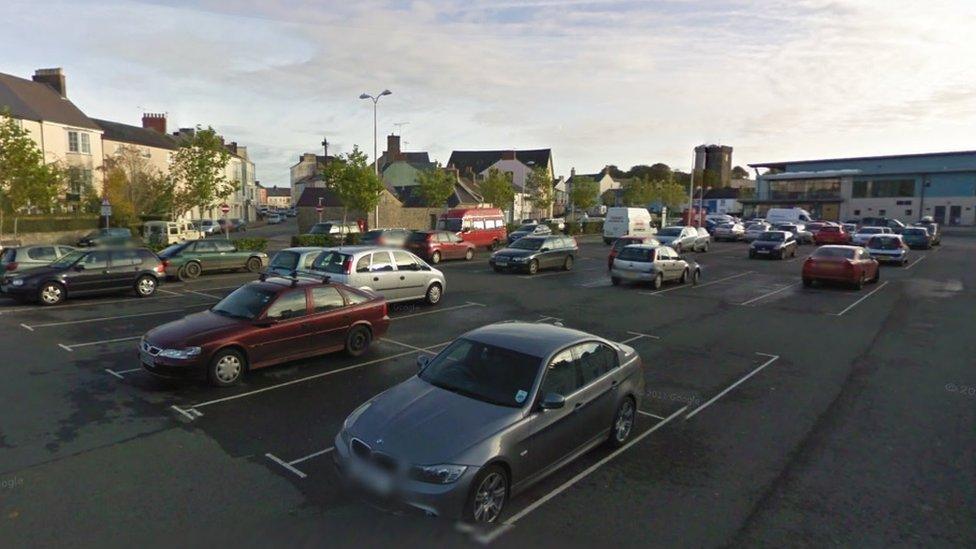
Usage of six car parks in Pembrokeshire has dropped since charges were introduced
The report added some council cabinet members were "reluctant to deal with potentially controversial issues and will not approve increasing or introducing charges, even where the evidence for the increase or introduction is compelling".
It said the potential impact of charges on council policy should also be considered.
Examples included the setting of car park charges which could deter shoppers and tourists from visiting town centres, and rent increases for sports fields which could damage efforts to promote healthy living.
The Welsh Local Government Association warned on Wednesday that councils will need to cover extra costs totalling £750m by 2019-20.
"All councils will be faced with difficult choices about prioritising and further cutting services that have seen substantial reductions already," a spokesman said in response to the auditors' report on Thursday.
"The impression given by this report from the Wales Audit Office is that hard-pressed residents can be asked to pay further increased contributions, which is not always appropriate."
The spokesman added: "Many charges are capped by government regulations, and councils in Wales currently lack the powers that exist elsewhere in the UK so the 'options to generate income' are limited."
The Welsh Conservatives' local government spokesperson Janet Finch-Saunders said the recommendations "couldn't come at a worse time".
"In the last five years the average council tax bill has risen by a staggering £800, and I fail to see where families will find the extra cash," she said.
"Clearly local authorities face tough financial decisions ahead, but we can't simply pass the responsibility on to ratepayers."
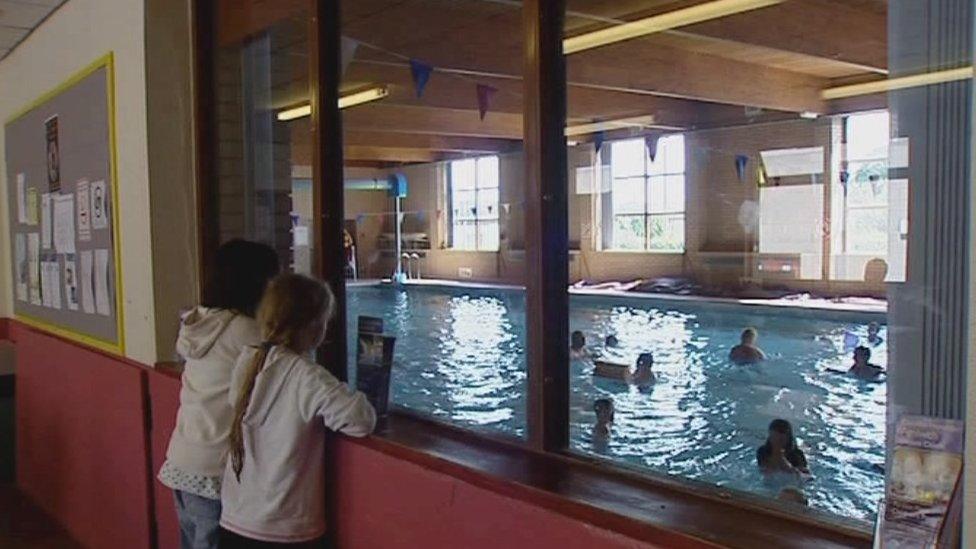
The report said councils in Wales were not generating as much income as those in England and Scotland
- Published9 November 2016

- Published12 September 2016
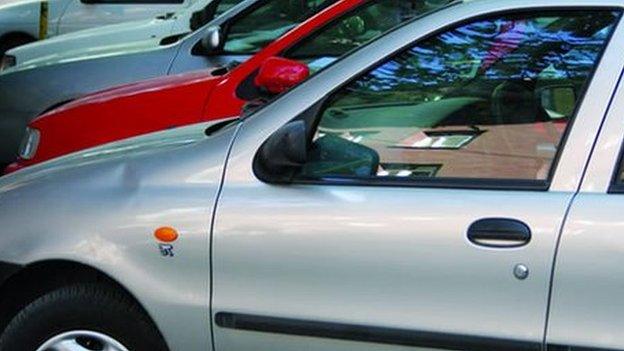
- Published26 July 2016
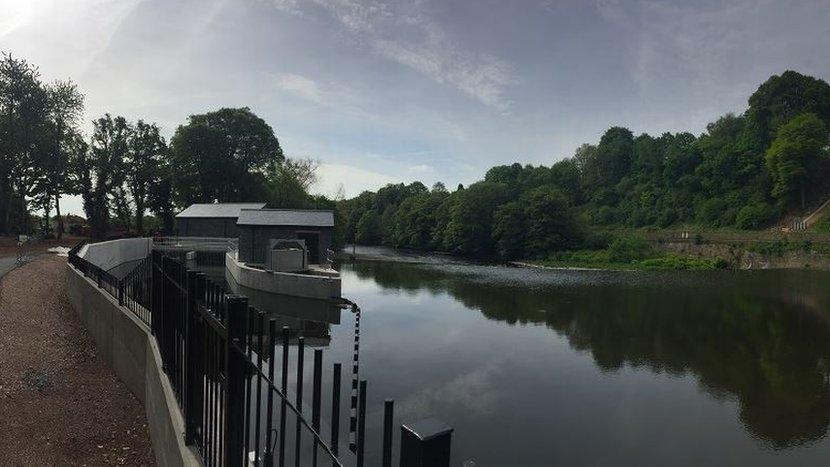
- Published12 May 2016
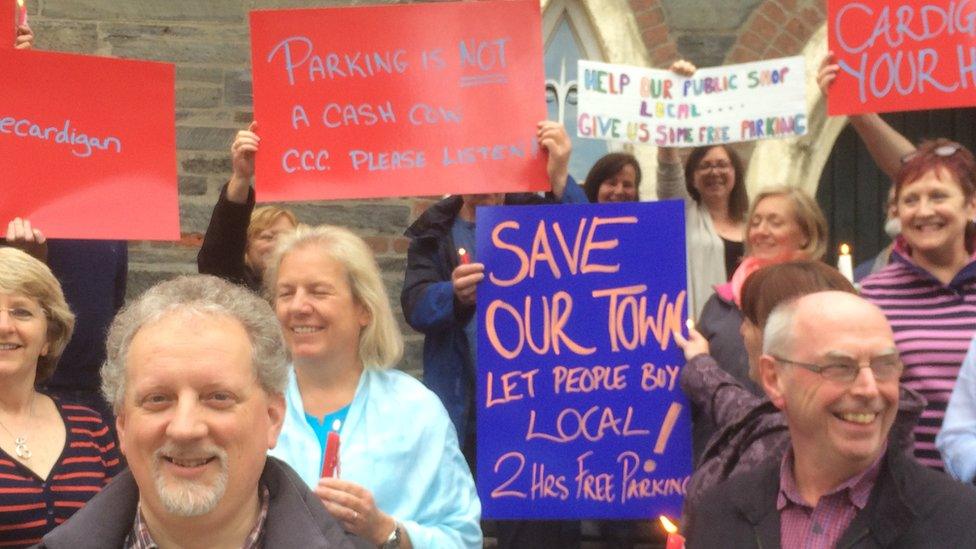
- Published4 February 2016
